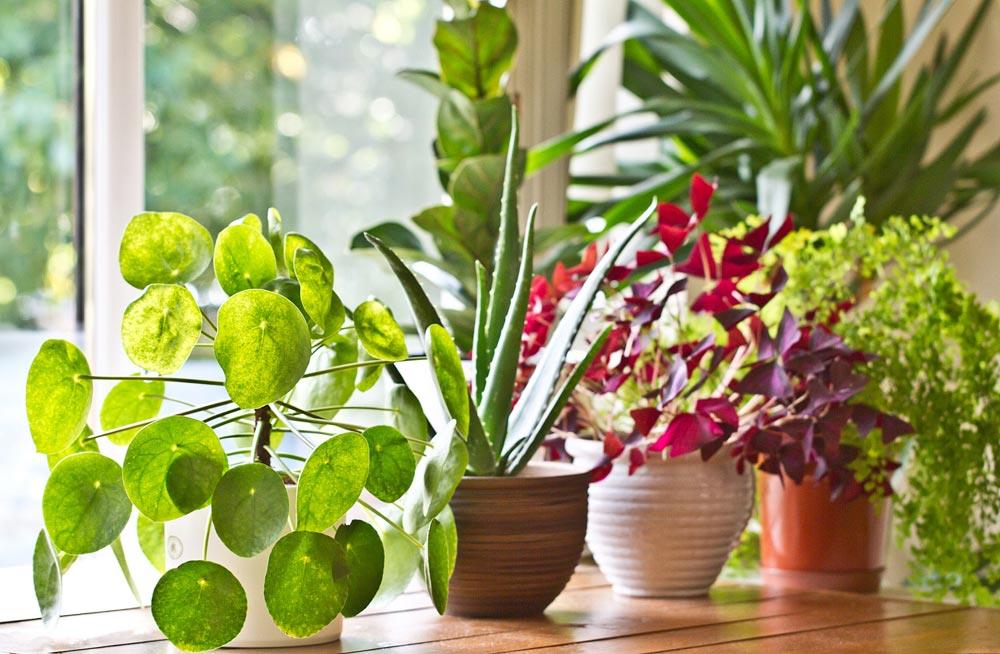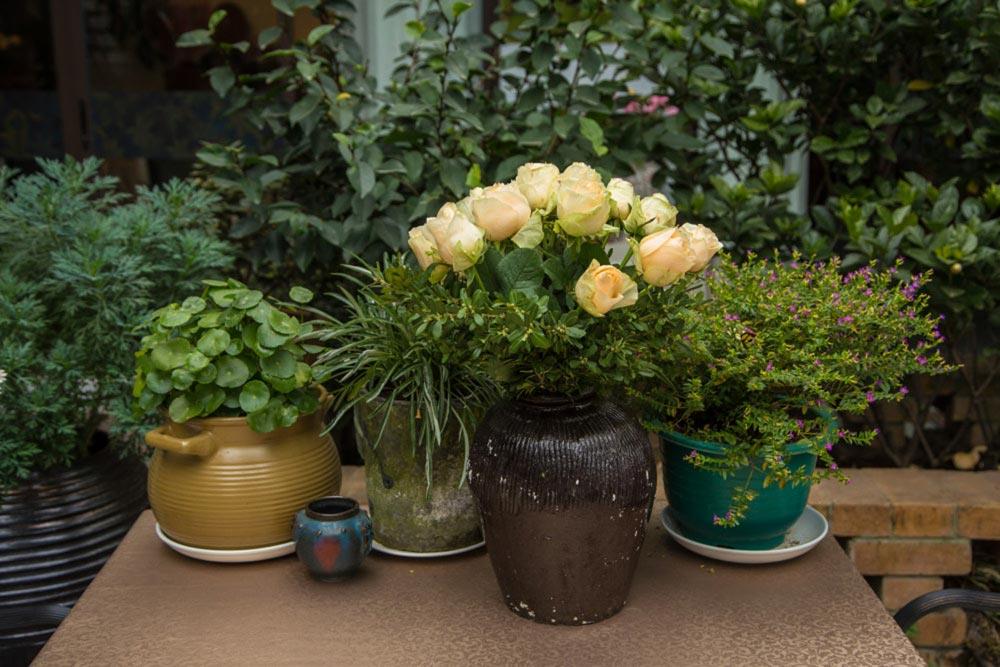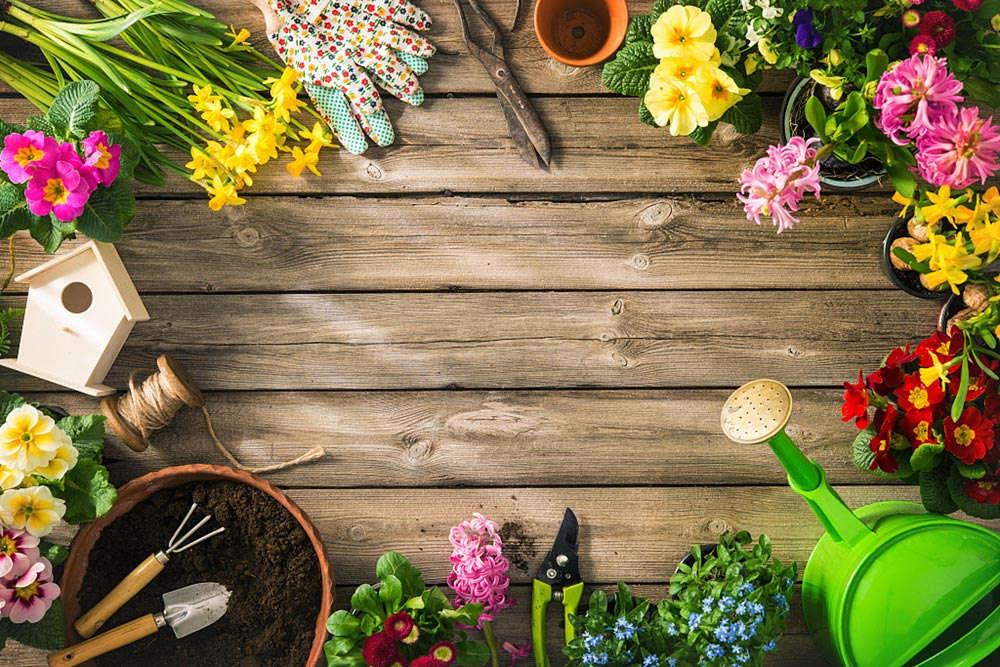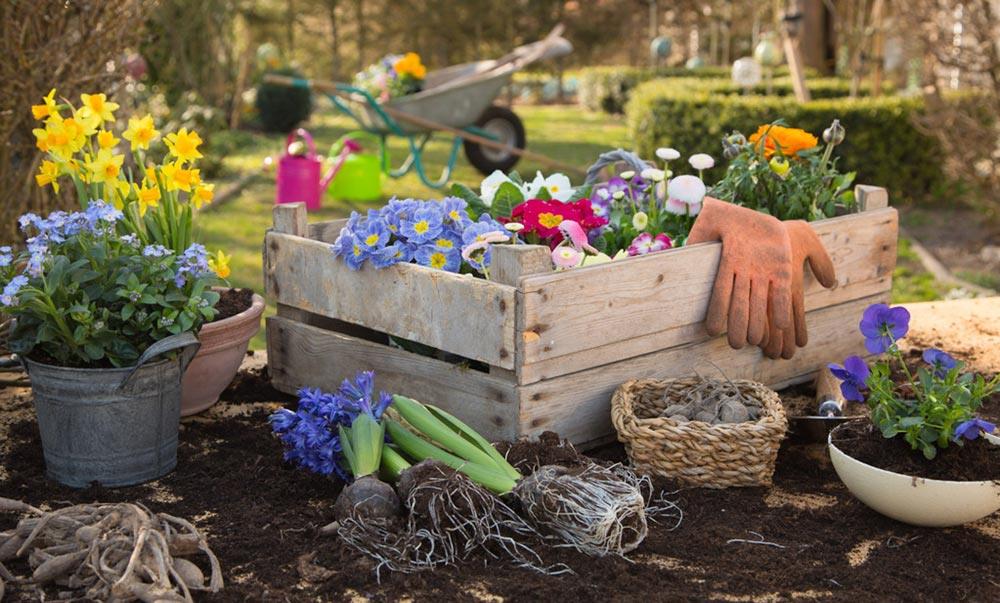Calendula cultivation methods and precautions
Last Update :2024.11.10
Article Catalog
Precautions for cultivating calendula
Marigolds are brightly colored and one of the common flower plants. It is not uncommon to plant them in pots to decorate homes. The following editor will introduce to you the methods and precautions for cultivating marigolds!

How to grow calendula
How to grow calendula
Shading in spring, summer and autumn
Calendula should not be exposed to strong light and needs timely shading in spring, summer and autumn. , if the daytime temperature exceeds 25℃, do not place it directly in the sun, otherwise the leaves will become significantly smaller, the distance between branches will shrink, the leaves at the bottom will gradually turn yellow and fall off, and the plant will gradually grow. Slow down or even infiltrate the semi-dormant state.
In winter, because the temperature is not high, direct light can be given to promote photosynthesis, which is conducive to the formation of flower buds, blooming and fruiting of marigolds.
After the plant blooms, the plant can be maintained indoors for 10~15 days, and then moved outdoors to a shaded environment for one month. This alternate maintenance is beneficial to the plant. The accumulation of nutrients extends the flowering period.

Be warm, avoid extreme heat
Calendula likes a warm climate and is afraid of extreme heat. If the temperature in summer is higher than 34℃, it will grow poorly;
It is not frost-resistant and has low temperatures in winter. It will enter dormancy or even die at 4℃.
The most suitable growth temperature for calendula is 15~25℃. During maintenance throughout the year, attention should be paid to controlling the temperature, opening windows in time for ventilation, and spraying water to cool down. Room temperature.

Topping and pruning
Cut off branches with old and yellow leaves every two months. As long as the temperature is suitable, they can bloom all year round.
Before flowering, topping is generally carried out twice to promote the germination of more flowering branches: one to two weeks after potting, or when the seedlings are 6~10 After it is 6 centimeters tall and has more than six leaves, remove the top tips and keep the lower 3~4 leaves to promote branching. 3~5 weeks after the first topping, or when the side branches grow to 6~8 centimeters long , perform the second topping, that is, remove the top tips of the side branches and retain the 4 leaves below the side branches. After two toppings, the plant shape will be more ideal and the number of flowers will increase.

Control the humidity and spray water in time
Calendula likes a humid environment, control the humidity at 75~85%, spray water in time to increase the humidity during maintenance, 1~3 times, when the temperature is high on sunny days, the number of water sprays should be increased appropriately, and on rainy days when the temperature is low, the number of water sprays should be appropriately reduced. However, if sprayed too much, the headings will be easily infected by pathogens and rot, so pay attention to the water quality when spraying.

Precautions for Marigold cultivation
Pay attention to water control
Don’t water too much during the growth period, just keep the soil moist. When the temperature is high, spray in time to increase air humidity.
Disease and insect pest control
Common calendula diseases and insect pests include fusarium wilt and downy mildew. Spray Zinc wettable powder 500 times in time. Prevention and treatment. In early summer, when the temperature gradually rises, calendula often suffers from leaf spot disease. Spray carboxin wettable powder 2000 times for prevention and treatment.
Precautions for cultivating calendula
- END -
Characteristics of Clivia

Clivia is native to the tropical areas of southern Africa and is suitable for grow...
What are ferns?

Adiantum fern: The plant is about 5 to 20 cm tall, the rhizome is short and uprigh...